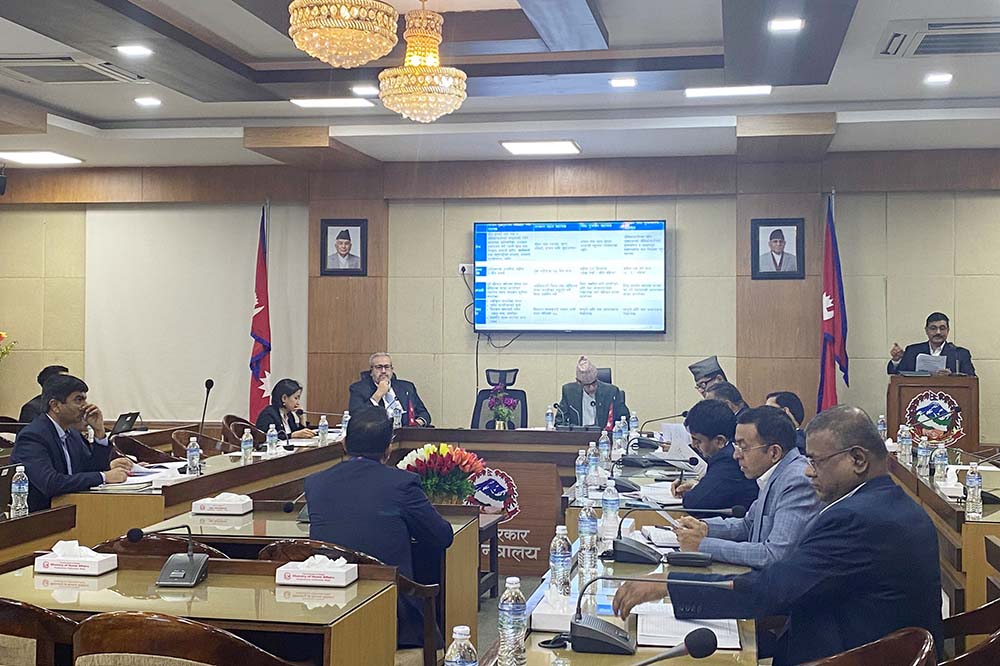
KATHMANDU: The Government of Nepal aims to deliver Rs 800 billion ($6 billion) in infrastructure investments through public-private partnerships (PPPs) as part of its 15th Plan (2019/20 – 2023/24). While PPPs are vehicles to mobilise private sector financing, governments often must provide fiscal support to mitigate risks.
The need for robust fiscal management to manage the government’s PPP-related fiscal risks, or Fiscal Commitments and Contingent Liabilities (FCCLs), was the subject of a workshop on strengthening PPP-related fiscal risks organised by the World Bank, on March 27, 2023. The workshop was attended by representatives from the Ministry of Finance, Public Debt Management Office, National Planning Commission, Office of Investment Board Nepal, and Office of the Prime Minister and Council of Ministers.
“Mobilising private sector financing will continue to be a key priority for the Government of Nepal, making it critical to account for and manage PPP-related fiscal risks,” said Harischandra Dhakal, Under Secretary, Ministry of Finance. “Such strategic workshops will be key to provide a platform to share knowledge and guide policy actions in the management of risks going forward.”
One of the main benefits of PPPs is that they can relieve some of the pressures on the government’s budget by providing an alternative source of financing for infrastructure. However, the nature and extent of government support need to be carefully structured in terms of allocating risks to balance requirements from investors and lenders to ensure the commercial feasibility and bankability of the project, potential for efficiency gains, and affordability of the government support mechanisms required to implement the PPP project.
The workshop involved a presentation by Mark Giblett, Senior Infrastructure Finance Specialist at the World Bank on key elements of a robust FCCL framework. These include limiting the overall exposure from PPP-related FCCLs, specifying procedures for the extension of fiscal support for PPPs, and clearly identifying the responsibilities of government authorities.
“The World Bank is committed to supporting the Government of Nepal in its endeavour to formulate a comprehensive framework to manage fiscal risks,” said Peter Mousley, Lead Private Sector Specialist at the World Bank. “At the heart of this are key reforms to help designate authority to quantify and manage FCCL related risks and having a ready pipeline of credible PPP projects to enable proactive management of FCCL exposures by the government.”
READ ALSO:
- World Bank approves $120m to support Nepal’s education sector
- Covid 19’s impact on South Asia’s youths could last generations: World Bank analysis
- Nepal, World Bank launch $100m Water Sector Governance and Infrastructure Support Project
- Urgent action needed in South Asia to curb deadly air pollution: World Bank
Published Date: March 31, 2023, 12:00 am
Post Comment
E-Magazine
RELATED B360 National


-1757414765.jpg)


